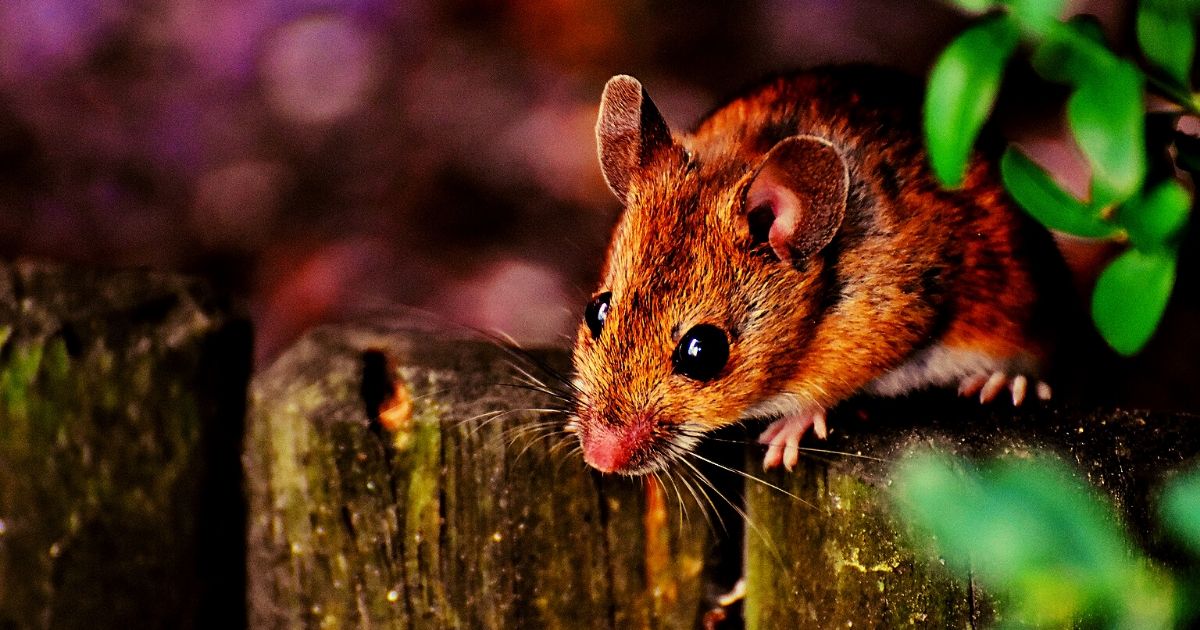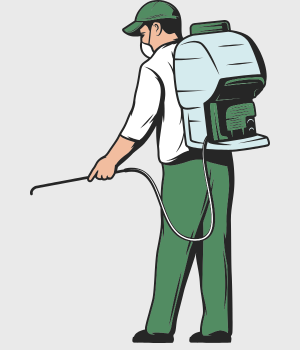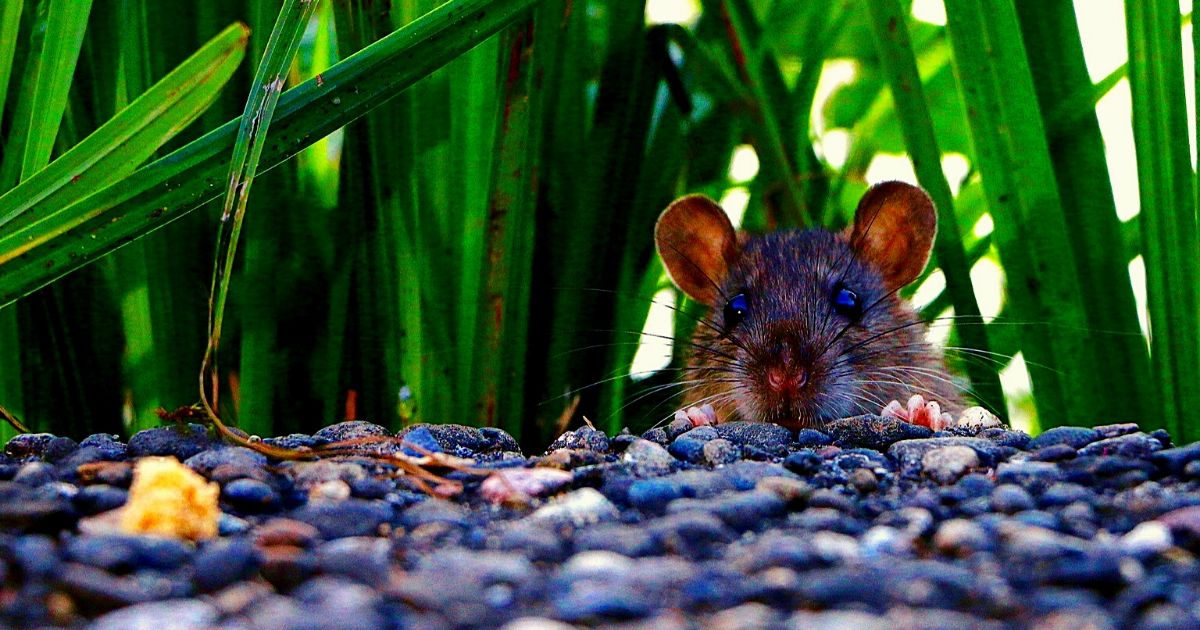7 Tips for Keeping Our Bins and Bin Chutes Free of Rodents

Table of Contents
- 1. Mindful Placement of Bins
- 2. Always Keep Bin Lids and Bin Chutes Sealed Properly
- 3. Get Broken Bins and Bin Chutes Hoppers Replaced or Repaired
- 4. Make Sure Your Bins are Always Clean
- 5. Do Not Let Food Sit in the Kitchen Bin for too Long
- 6. Bag Your Food Waste
- 7. Do Not Let Bins Overflow
- Bonus Tip: How to Seal the Rubbish Chutes in Buildings
In our effort to become a garden city, plants and greenery have been incorporated into the buildings and structures around Singapore. With all these plants around, they provide opportunities for other organisms to thrive. While many of these organisms such as birds and butterflies might be harmless or even beneficial to us, some might cause problems to humans.

Rodents nest in burrows in the soil where plants grow in. In our effort to bring greenery close to our living environment, rodents are also closing in on our lives.
They pose public concerns as they are not only capable of transmitting diseases such as leptospirosis and rat bite fever but also causing structural damage when they chew on wires and other building structures.
You have probably seen rodents running around residential areas or at the void deck of flats, or heard them squeaking in the middle of the night. This is due to the fact that rodents are commensal so they live in close association with humans and feed on whatever humans eat.
You might have been feeding rodents without even knowing it. They scavenge for any food that you throw away so the rubbish bins and bin chutes might be their favourite haunt for nice, free food.
How do we keep rodents away from bins and bin chutes?
1. Mindful Placement of Bins
Rodents might perceive the placement of bins near windows and doors as an invitation so you might want to make sure the bins are kept away from the entrances. Avoid exposing the bins to direct sunlight to help reduce the smell of food.
2. Always Keep Bin Lids and Bin Chutes Sealed Properly
Rodents are so flexible that they can squeeze through a space as thin as a pencil so it is important to make sure that the bins have been completely sealed.
Furthermore, rodents are excellent climbers that are able to climb walls with a rough surface. Be sure that the bin chute hoppers are closed tightly so that these unwelcomed guests are unable to gain access to the upper floors.
Pro Tip: Metal bins and containers with tight-fitting and secure lids are the most secure way to keep rodents away.
3. Get Broken Bins and Bin Chutes Hoppers Replaced or Repaired
If bins are cracked or broken, have them replaced as the cracks serve as open doors for the rodents. Faulty bin chute hoppers should be repaired to make sure that they can always be closed tightly.
4. Make Sure Your Bins are Always Clean
Cleaning your bins regularly and rinsing them with disinfectant and hot water is a good way to get rid of the smell that attracts rodents while removing any pathogens present around the bins. Killem offers bin chute flush out treatment to control the population of pests that are commonly found in bin chutes.
By having clean bin chutes you can have your mind at peace as you will not have to constantly worry about pests sneaking into your house from these places.
Want to find out more about rodent flushout services in Singapore?

5. Do Not Let Food Sit in the Kitchen Bin for too Long
Kitchen bins with food waste attract rodents and other pests such as flies so it is important to empty them regularly.
6. Bag Your Food Waste
Throwing food waste into garbage bags or plastic bags will help isolate their smell while keeping the bins and bin chutes clean.
7. Do Not Let Bins Overflow
Garbage should always be inside the bins and not be left exposed. Rodents are capable of biting through the garbage bags so make sure the garbage is always contained inside the bins.
By giving a little bit of extra attention to the bins around us, we will be able to keep these unwelcome guests at bay.
Bonus Tip: How to Seal the Rubbish Chutes in Buildings
Sealing a rubbish chute is a common maintenance task in multi-story buildings as they can become a source of rodents and other pests. As time goes by, rubbish chutes can get cracks or gaps that become an entry point for pests into your home. To prevent this from happening, it’s important to conduct routine inspections and promptly seal any detected cracks or gaps.
To seal the rubbish chute, you first need to inspect it for any missing parts and replace them if needed. Seal the gaps and joints around the rubbish chute and the chute door. Regularly maintain and reapply the sealant to keep the chute effectively sealed, preventing odors and pests from escaping.

Pest Problem? Let Us Help.
We offer fast and effective precision treatments to eliminate pests while ensuring a safe environment for your home or business.
Frequently Asked Questions
Yes, rodents get attracted to compost and garbage bins as a source of food and shelter for them.
Rodents can climb almost anything, except smooth surfaces. This means that if you put boxes, plastic bags with garbage, or anything else near the bins, chances are that rodents will easily climb into your unsealed bins.
Rodents are not able to chew through hard plastic, so your trash will be safe in plastic bins. On the other hand, they can easily chew through soft plastic, paper, and cardboard, so don’t store your garbage in those.





